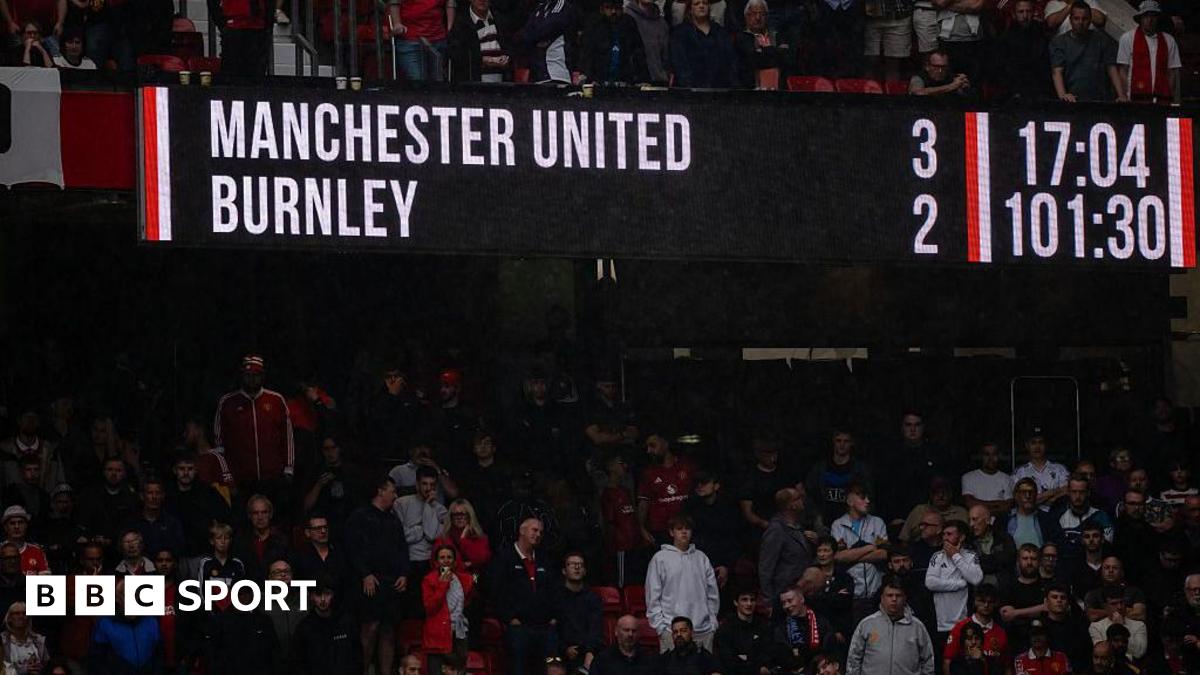
"One of the messages that came through loud and clear when we asked for your views on Reinventing Football was you hate time-wasting. Whether it's simply slowing the game down, or creating a tactical timeout with an apparent injury, it's affecting your enjoyment of matches. World governing body Fifa, for its part, wants to see 60 minutes of football from a 90-minute game."
"The International Football Association Board (Ifab) - football's law-makers - have kicked around the idea of stopping the clock when the ball goes out. The thinking is that with two halves of 30 minutes and the clock stopped when the ball goes out, Fifa would get the 60 minutes of ball in play it wants. It works in sports like basketball and American football, so is it the solution we need in football?"
Time-wasting is reducing ball-in-play time and diminishing match enjoyment. FIFA seeks 60 minutes of ball-in-play from a 90-minute match and approached that target at the 2022 World Cup with extra stoppage time, reaching 59 minutes and 28 seconds on average. A clampdown by top domestic leagues in 2023-24 raised ball-in-play times, but the effect has since slipped: Premier League averages fell from 58:11 to 56:59, then 55:05, while some matches dropped below 46 minutes of play. IFAB has considered stopping the clock when the ball is out, a method used in basketball and American football, and other major leagues have seen similar declines.
Read at www.bbc.com
Unable to calculate read time
Collection
[
|
...
]